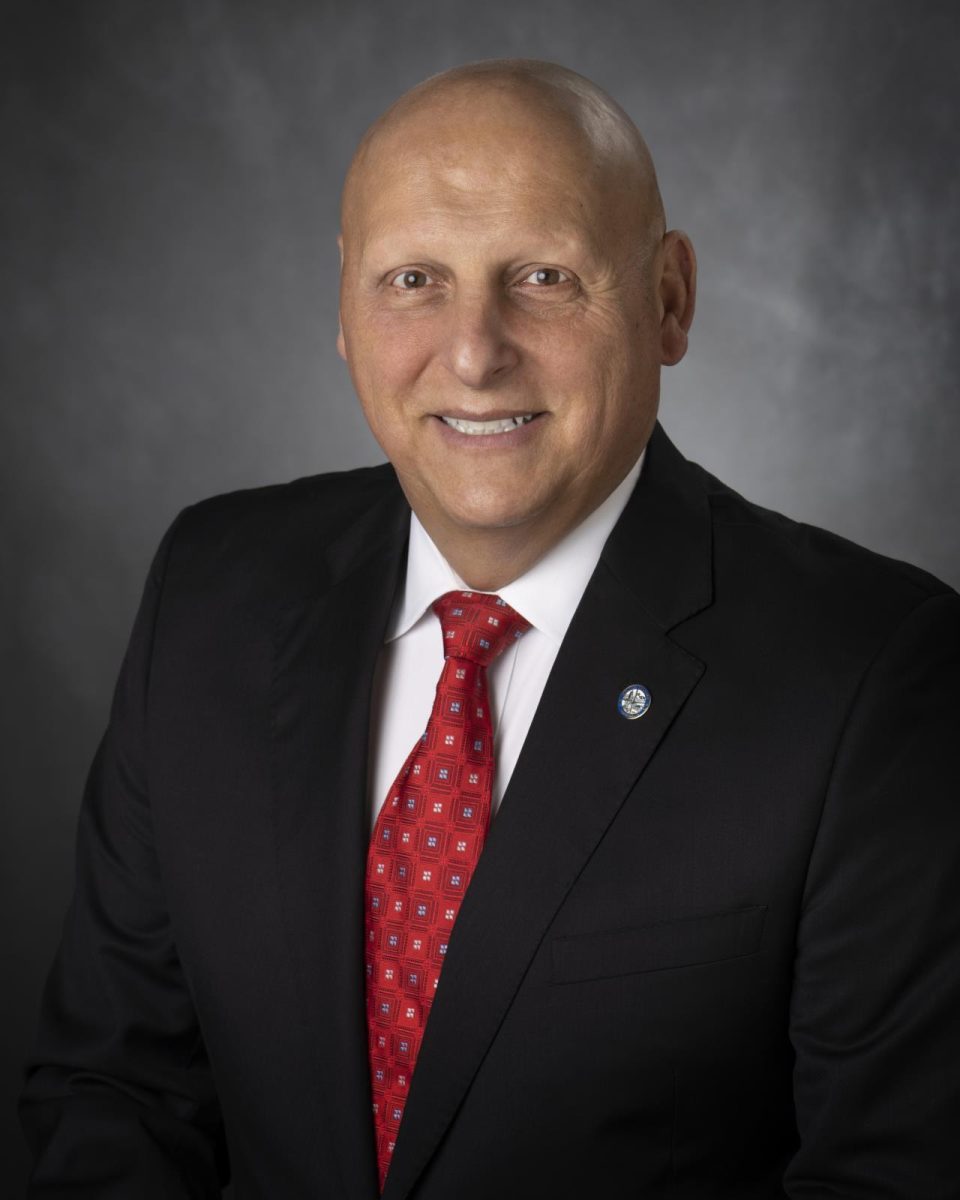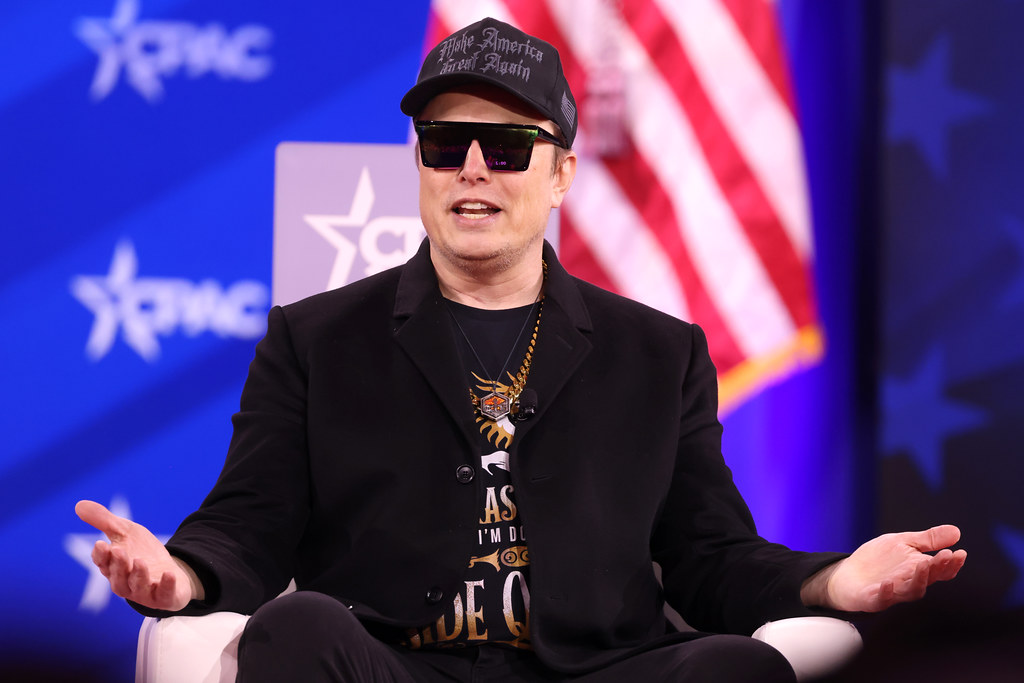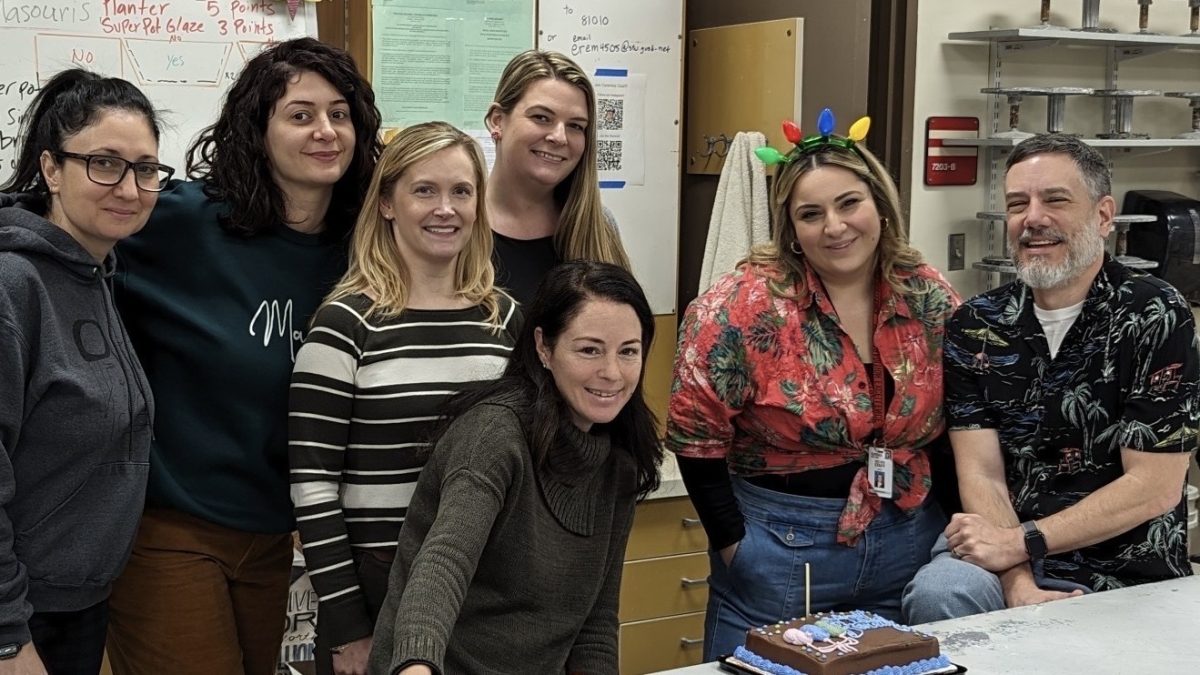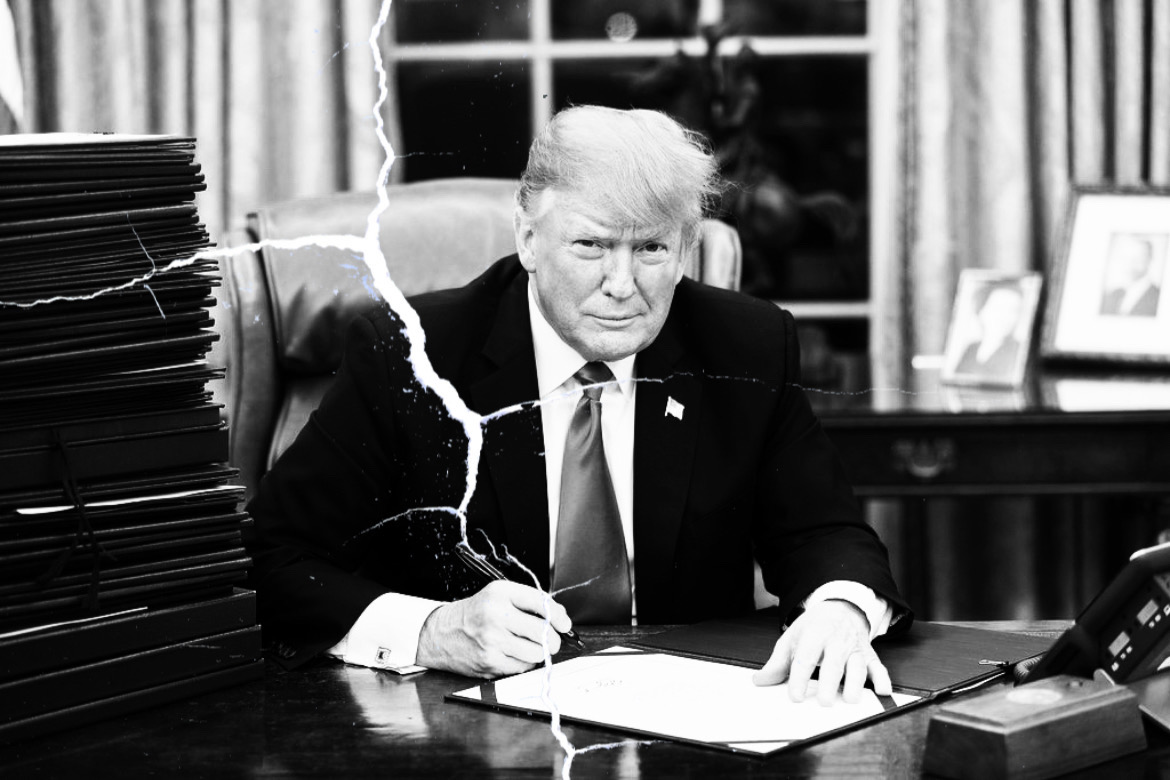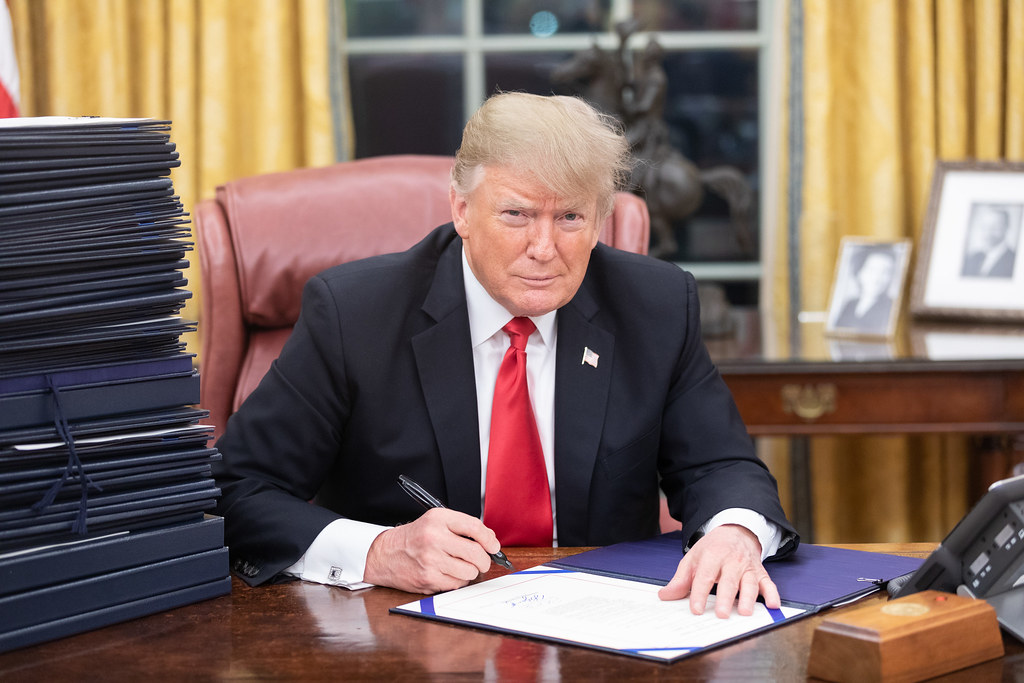Mayor Ara Najarian, now serving his fifth term as the mayor of Glendale, brings decades of experience, a commitment to civic engagement and a sharp focus on transparent governance. In an in-depth interview with our Glendale High School Nitro Press, Mayor Najarian opened up about his personal background, the challenges facing Glendale, global politics (including the Trump Administration, the conflicts in Ukraine and Palestine), as well as his vision for the city’s future. From local policies to national issues, his reflections offer a look into the leadership of a rapidly changing community.
Starting off with his personal background, Mayor Najarian was actually born in Cleveland, Ohio and moved to Los Angeles with his family in the 1980’s. During his time at Occidental College, he was surprisingly classmates with former U.S. President Barack Obama.
Mayor Najarian’s passion for serving the community arose at USC Law School. “I started getting involved with civic issues,” he said. “I served as a volunteer judge for the court system, and in 2005, I was elected to city council and I am currently mayor.” Beyond this role, he also serves on the L.A. Metro Board of Directors, is the president of the Burbank Airport, and still practices law.
Like many Glendale residents, Mayor Najarian is of Armenian descent. He believes that his heritage has impacted his approach to leadership. He assured, “It helps being Armenian, understanding the culture and language. But that being said, there are many different Armenian cultures. There [are] Armenians from Armenia, the Middle East or maybe even Cleveland, like me. So each one of those cultures is a little bit different, but it’s definitely helped me connect to many residents.”
One of the largest concerns in Glendale, and in the nation, is housing. Mayor Najarian expressed that he views homelessness in the city as “fairly under control,” but that work can still be done. “There are certain [homeless] individuals that are out there, very visible, and they make it seem like a bigger problem than it is,” he claimed. “But we have a dedicated team of police officers and a private homeless care organization.”
The mayor is also fairly critical of the controversial bike path debate, calling the bike lanes on Brand a “bad project”. But he expressed his support for sustainability in transportation “as a member of the metro board.”
“I’ve worked for about fifteen years to bring in this new project,” he said. “It’s called Bus Rapid Transit, BRT. That’s going to connect us going east to Pasadena, and then going west to Burbank, and then North Hollywood.” As a member of the L.A. Metro Board of Directors, it is no surprise that our mayor supports clean initiatives to help Glendale residents get around.
Moving on to a more fairly controversial topic, Mayor Najarian gave his insight on sexual orientation and gender identity curriculum in schools, something that has impacted Glendale and caused division on both sides. “I think parents are the ultimate decision-maker as to what they want their children to learn, to read about and to see,” he said. “I want to make sure schools honor the wishes of the parents as to what they want their children to see. I think the parents felt there were decisions being made, that they were not being a part of, and they objected and got really angry.”
I informed Mayor Najarian that all parents have access to the curriculum taught to students, and parents with children in health classes are mandated to sign a form allowing their child to participate in the class, with clear descriptions of what will be taught. He responded, “I mean, if [the parents] approved the curriculum and it is taught, I don’t think the parents should really be complaining. You can’t blame the school or teachers if the parents signed up for it.”
Mayor Najarian also spoke mostly in favor of the current Republican Party and the Trump Administration, although he is critical of Trump’s actions regarding foreign policy in Gaza. “I think that the GOP and the President certainly kept their promises, the things spoken about in his campaign. I don’t think any president in history has taken as much action in the first days of their administration.”
Mayor Najarian supports the current administration’s deportation policies, and he agrees “with deporting illegal criminal aliens.” With regards to the possibility of mass deportations in Glendale, and the fear it may cause for our immigrant population, he asserted, “Well, if they are here illegally they should be asked to leave. Maybe the method to remove them can be adjusted, but there are plenty of immigrants who are waiting in line, and waiting years to go through the proper legal channels to be here.” This seems to be the stance taken by most Republican officials, who believe that our undocumented residents should go through the proper channels and follow a pathway to citizenship.
Regarding foreign affairs, Mayor Najarian agrees with “stopping the war in Ukraine”, and he deeply disagrees with the President’s “inaction in Gaza and the Palestinian issue.” When asked to specify his support for either Israel or Palestine, he contended, “It’s not so much Israel or Palestine. I’m pro-life and being an Armenian I’m sensitive to genocide.”
Although he does not feel that the tragedy in Gaza compares to the actions of the Turks in 1915, he stated, “What is happening in Gaza is very brutal. I don’t want to use the word ‘genocide’, but [the war has been] brutal and indiscriminate in the killing of civilians.”
In closing, Mayor Najarian sees a bright future for the City of Glendale. He boasted that an “increase in tech industry” is something the city is trying “hard to develop.” He also said that he would “like to see small businesses thrive.”
“I think due to our ethnic makeup, Armenians and others [have been] very industrious and often successful in mom-and-pop shops,” he said. “Our safety, schools, diversity, [and] family makeup [are] all very important.”
In the end, Mayor Najarian expressed his wishes for how Glendalians should view him: “I hope they see me as a solid leader who listened to both sides of the issue, and who understood what Glendale was all about.”





